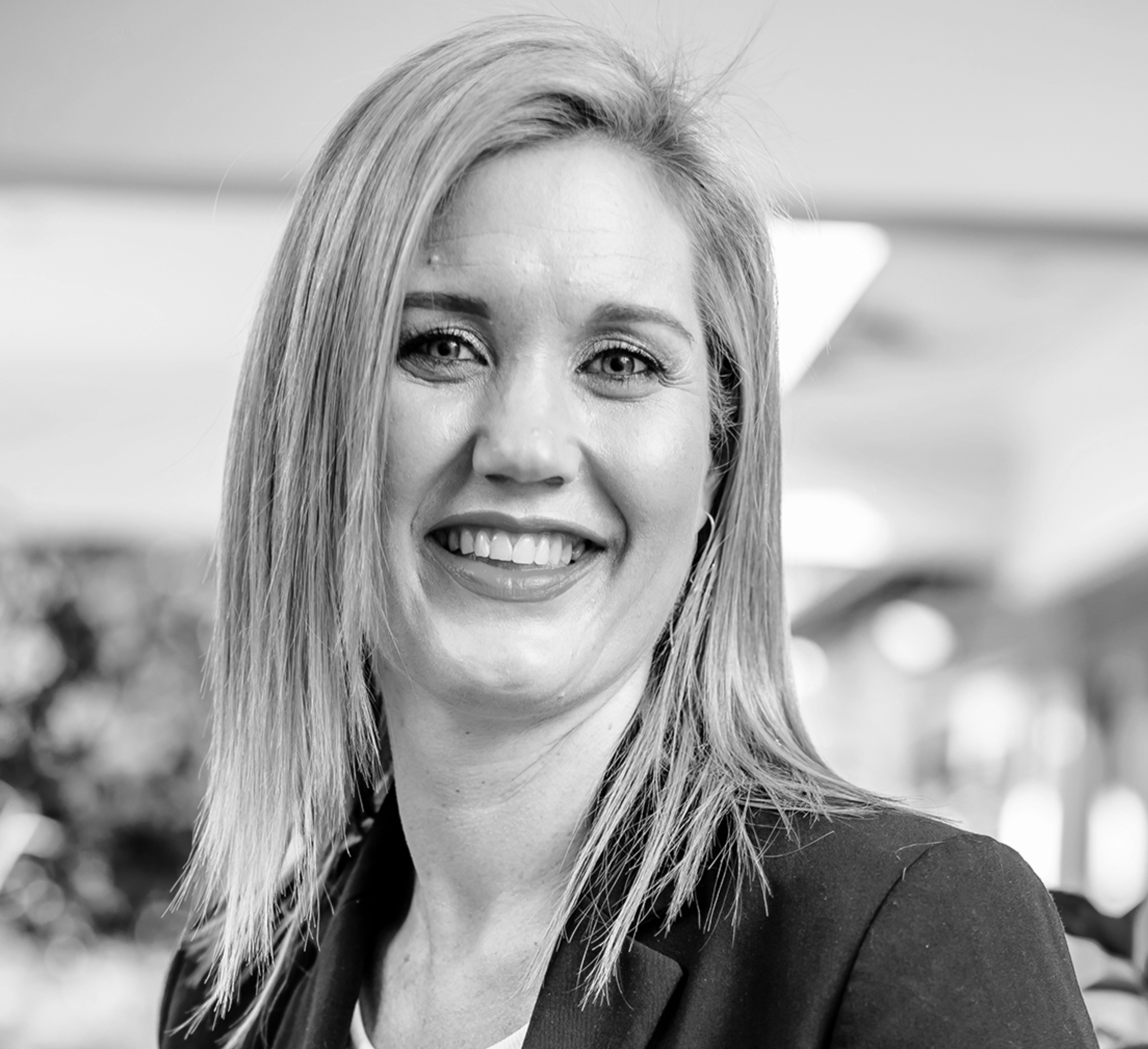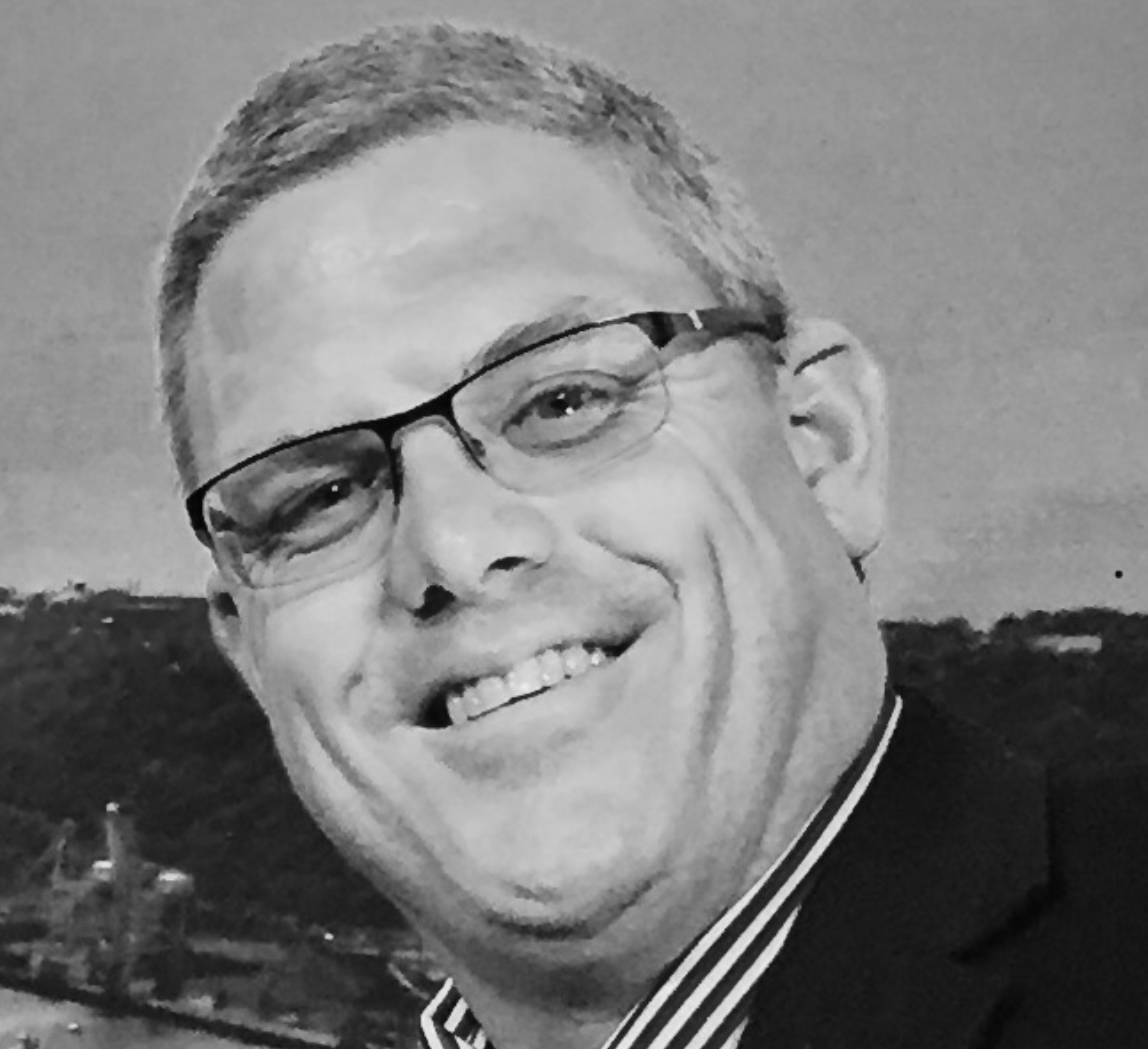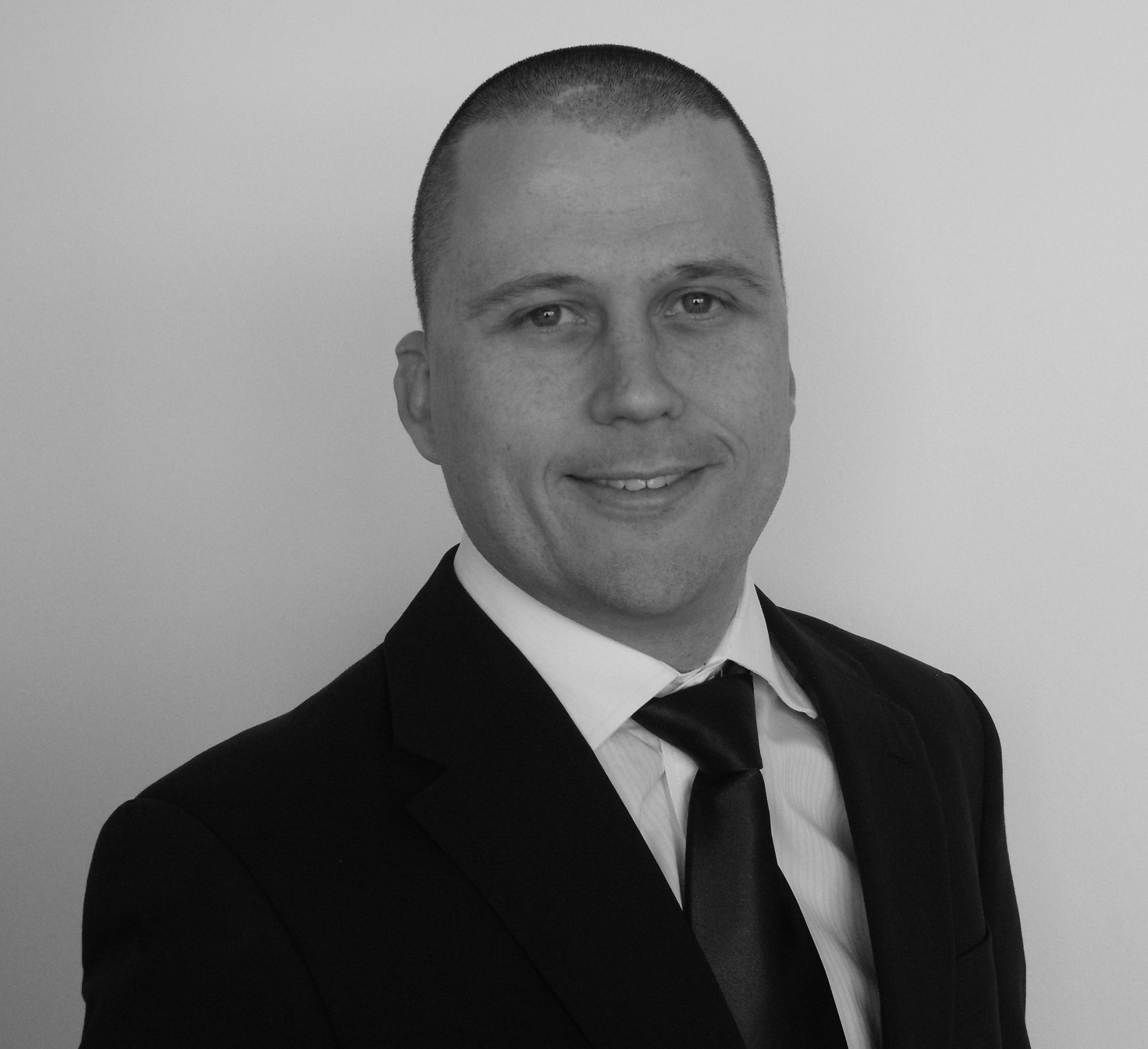182: Joanne Tanner
‘Accounting is only made complex if we make it complicated’

Today’s podcast is sponsored by Draftworx, which provides automated drafting and working paper financial software to more than 8000 accounting and auditing firms and corporations. CFO Talks is a brand of the South African Institute of Business Accountants.
We’re delighted to welcome back Joanne Tanner, who we hosted on CFO Talks before in a different capacity, Joanne was previously CFO at Tarsus Group but she more recently took up the position as CFO at Decision Inc. These are quite different operations and Joanne will explain that in a minute. She is a CA who has spent a lot of her working career developing new skills, studying and taking on bigger challenges. Joanne, welcome back, can you explain the difference between Tarsus and Decision Inc.
Tarsus was a distribution business, it was high volume, low margin, commoditised IT product distribution, it was very different from where I am now. Decision Inc. has an interesting mix of high margin professional services work and recurring software licence fees. At Decision Inc. we enable our clients to create modern digital businesses by leveraging technology solutions, data and analytics, extended planning and analysis, customer experience and business applications in the modern workplace to create strategic competitive advantage. Two very different businesses that are both in the technology space.
You’ve moved from a stock business to a service business, does that pose a challenge for you as CFO in terms of the way that you account for it and the way that you manage the business?
The services business model actually has some interesting similarities to the stock business model. In Decision Inc. we have billable consultants, which we buy in service delivery teams per month, which we then sell in hours. Whereas in the stock business one buys containers of product subject to six-week-plus lead times to sell as quickly as possible, while simultaneously not running out of stock. So both businesses then try and sell their service or product at the highest margin to generate a profit and collect the cash as quickly as possible. So they are the same-same but different. The risks, however, are very different in the two businesses. In a service business, time is the unit of sale and matching client value delivered to time taken to deliver is not necessarily correlated, which introduces quoting risk. Whereas in a stock business the product is either sold or not sold and if you have a signed POD you get paid. The main difference between the two is how we manage the different risks.
You spoke about a digitalisation drive, is that something that has arisen in the last couple of years, with this whole Covid lockdown thing, companies are having to find ways to reach their customers in a digital universe, is that playing a part at all in your business?
Yes, I would say that Covid has expedited it and maybe made companies more aware of the need to do it, but this is definitely a theme that’s been in play for at least the last 15 years in terms of businesses having to become more digital to remain relevant and competitive. We are moving away from lots of manual repetitive work to automated work, and that has been the theme for a few years now. I think the digital transformation journey in companies in South Africa, if it’s not a main board agenda item at this point, then it should definitely be in order to remain relative and competitive.
How did you get into accounting and why?
I studied at the University of Stellenbosch and then I did my articles at Deloitte in Johannesburg. In terms of my career path, I had a couple of jobs before joining Tarsus and Tarsus was really the main role in my career to date. I was there for eleven years and now I have joined Decision Inc.
Getting into accounting, I think I have always been interested in how businesses make money, how they grow, how they can have an impact, so accounting seemed the natural choice to explore this because with a CA qualification you develop a wide range of skills and that’s really why I chose to get into it.
I think it’s a critical skill for any chartered accountant to be able to tell the story that the numbers tell you, it’s critically important to be an effective CFO.
Talk about the role of the accountant or CFO during Covid, I’m interested to hear how you feel that affected CFOs and senior finance executives having to interact with their teams and the kind of deliverables that are expected from them. Is it fundamentally the same or have things changed?
I think Covid has actually enhanced the role of the CFO as an integrated business partner and that good CFOs have played an integral role in guiding their businesses through the financial, operational and cash flow challenges that they faced. As a CFO during the Covid pandemic we had to adapt to how we interacted with our stakeholders and, therefore, we had to adapt how we led inside and outside the organisation. I think the role of the CFO was demonstrated to be more important than ever.
Talking about the most important skills for a CFO, what are those and where do you acquire those, is that something you can absorb from a classroom or is it from elsewhere?
I think it’s leadership, strategy, team management and having a vision of what is possible as being the most important skills required of a CFO. Today’s world is changing rapidly and there are many transformative technologies at our disposal that will change the nature of work that our finance teams do. However, I would say a good CFOs work isn’t going to change, as we should always be a strategic business partner. Having a functioning finance department is a basic requirement and over time a lot of the repetitive work done will be automated, freeing up these highly skilled and intelligent people to add greater business value. The trick is knowing where and how to do that now. I think a CFO today has to be able to handle uncertainty, ambiguity, volatility, complexity and respond in an agile manner, while maintaining the internal control environment. This is not an easy task, and I don’t think this is something that you can necessarily learn in a classroom.
Until you’ve done something in practice for the first time or done something similar, it can be very challenging to translate what was learnt in the classroom to real life, no matter how clever or skilled you are.
SAIBA’s CFO (SA) designation recognises someone for those skills that you refer to, that you acquire in the course of your career and not necessarily academically. I think that’s how CFOs are made; would you agree with that?
I do agree with that, you can only gain that on the job when you’re faced with a situation and you have to show up, there’s nobody else who is going to show up for you and there’s nobody else who’s going to hold your hand through the process. You only get that by being faced with real-life situations.
One of the things we’ve noticed on CFO Talks is there is this trend towards the outsourced CFO, do you see this as something that’s going to become an even bigger trend in the years ahead?
When I think about the outsourced CFO model, I take a step back and think that every company needs a CFO but not every company can afford a full-time CFO or have enough value adding work to keep a full-time CFO busy. I think in instances such as that an outsourced CFO model could be very effective, where you need someone to come in and do something very specialist for a period of time on an ad hoc basis. I think it could also work when the business is running a huge project that needs to be led by the CFO, such as an ERP implementation. I think in those instances an outsourced CFO could work but I don’t think it works long term for a business because a CFO needs to be an integrated business partner.
What books would you recommend?
I’m an avid reader, I read anything and everything but my favourite book about life that I read to my team and also to my kids the other day, and I would recommend it to inspire, is Oh, the Places You’ll Go by Dr Seuss. It’s such a simple and quick read but it’s filled with so much richness about the journey of life. It talks about choices, ups and downs, why one needs to get out of a slump, how to get out of a slump. It’s had such a powerful impact on me, I just love it and I highly recommend it.
Another book, which can be viewed as a business book, it can also help you with friendships and family, the book is Time to Think: Listening to Ignite the Human Mind by Nancy Kline. It’s a book about active listening, so listening with the intent to understand and not respond. I think this is very important for effective leaders, especially CFOs who take partnering with the business seriously. We need to be able to hear and understand what the business is telling us and then interpreting the numbers will become easier.





